Building an Effective Skincare Routine Begins with 3 Simple Steps
At a time when self-care has become a primary focus, skincare routines have emerged as a vital aspect of our daily lives. As the body’s largest organ, the skin requires significant care to maintain health and appearance. From addressing premature aging signs to combating environmental pollutants, skincare routines are an essential practice for individuals seeking to preserve and enhance their natural beauty,
Effective skincare routines should typically consist of a system serving as the core foundation for maintaining healthy, radiant skin. This system includes several key steps and principles essential for the overall success of a skincare regimen. We at Bee Naturals believe every routine should be based on three basic components: Cleanse, Hydrate, and Moisturize.

The C-H-M System
Our C-H-M system follows a simple premise: every skin should be clean, hydrated, and moisturized. These components are so important that they form about 80% of an effective routine and, in some cases, could be the only constituents of a regimen.
Cleanse
Cleansing is the first and fundamental step in any skincare routine. It involves using a gentle, suitable cleanser or soap to remove makeup, soil, and other pollutants from your skin. Keeping the skin’s surface clean is essential, allowing subsequent products to enter the skin; however, we do not want to overdo it with harsh products.
Over-cleansing affects the skin’s moisture barrier, leading to dryness, inflammation, and rebound oil production in oilier complexions. Hence, you should opt for products enriched with newer-generation surfactants such as decyl glucoside, sodium cocoyl isethionate, sodium lauryl sulfoacetate, disodium laureth sulfosuccinate, and coco glucoside, to name a few.
However, if you must use drying products like pure soaps, then it's best to opt for products that come with oils or humectants to offset the dry effect.
Hydrate
The second step in our system is hydration. This process is like giving your skin a drink of water to help it function well. Typically, the skin naturally maintains hydration through biological processes and mechanisms, from the natural moisturizing factor to sebum production, sweating, and barrier function. However, several factors can affect these natural processes, leading to dehydrated skin.
Hydrating products come in handy in these cases, helping to increase the skin’s water content. These products achieve this by utilizing hygroscopic ingredients like humectants to attract water from their surroundings through absorption or adsorption. You should opt for skin hydrators with humectants like glycerin, honey, and hyaluronic acid.
Moisturize
It’s worth noting that while they may seem interchangeable, hydration and moisturization are two very different processes that serve different purposes. While hydration helps to increase the skin’s water content, moisturization aims to reduce trans-epidermal water loss by forming a barrier over the skin’s surface. By creating a protective seal over the skin's surface, moisturizers minimize the risk of evaporation of existing skin moisture throughout the day.
Usually, healthy skin produces lipid cells that trigger the skin’s natural ability to combat moisture loss. However, the skin will not produce enough sebum with a deficient lipid barrier, resulting in consistent water loss regardless of how often skin hydrators are used.
Moisturizers are designed to form a barrier over the skin primarily through a mixture of occlusive and emollient ingredients, which helps to create barriers, aid skin smoothness, and sometimes enhance barrier strength. Some moisturizing formulas also feature humectants, but these moisturizers may only suit some skin types.
With our foundational C-H-M system, you can establish a simple but effective skincare routine that promotes skin health, addresses concerns, and helps you achieve your desired complexion goals.
Building Your Skincare Routine
More often than not, people tend to be overwhelmed by building a skincare routine. It’s pretty understandable, with all the products available and considerations for a personalized regimen. At Bee Naturals, we aim to help you first understand your skin and the products that can get you started on the right track. Here is a guide to building your skincare routine with Bee Naturals products.
Understanding Your Skin
-
Oily is not Hydrated
It’s a typical misconception to think oily skin is hydrated. However, there are instances where the skin can be extremely oily and dehydrated. Hence, if you have oily skin, you should avoid drying and harsh cleansers and hydrate your skin regularly.
-
Identify Inflammations
Some people tend to react to beauty products or ingredients. If your skin has shown sensitivity to skincare products, you’re most likely prone to inflammation. Fragrances are the leading cause of adverse reactions to these products; thus, it’s best to opt for fragrance-free facial products.
-
Pigmentation
Pigmentation issues refer to abnormalities in the skin’s coloration. In most cases, this issue is characterized by areas of the skin appearing darker or lighter than the surrounding skin. Other times, you could have pigmentation issues without exhibiting any physical characteristics. An esthetician can look at your skin with a special light and determine if you have pigmentation issues.
-
Wrinkles or Aging
The skin typically develops fine lines and wrinkles with age, primarily due to decreased collagen and elastin production. However, not all skin ages the same way, and other factors like poor lifestyle and skin care choices can impact how firm the skin remains. You can minimize the appearance of fine lines and wrinkles by pairing the C-H-M system with anti-aging products and a healthy lifestyle.
Typically, we have normal, combination, oily, and dry skin types. However, understanding these factors and how they affect the basic skin types can help you make a more in-depth choice of which products will best serve your needs.
Bee Naturals Recommended C-H-M Products Based on Skin Types
The effectiveness of a skincare routine relies on the quality of the products you use. And with the C-H-M system representing about 80% of every skincare routine, you should opt for quality cleansers, hydrators, and moisturizers. Let’s explore the best set for you based on your skin type.

NORMAL SKIN
Oil: No
Sensitivity: Maybe
Dryness: No
Acne: No
Wrinkles/ Aging: Maybe
This skin type neither leans toward excessive oiliness nor dryness and does not encounter any specific skin issue commonly associated with other skin types.

OILY SKIN
Oil: Yes
Sensitivity: Yes
Dryness: No
Acne: Yes
Wrinkles/ Aging: No
This skin type’s complexion is shiny shortly after cleansing and could feature regular breakouts.

DRY SKIN
Oil: No
Sensitivity: Yes
Dryness: Yes
Acne: No
Wrinkles/ Aging: Maybe
As the name suggests, this skin type is always dehydrated and may be sensitive too.

COMBINATION SKIN
Oil: Yes
Sensitivity: Maybe
Dryness: No
Acne: No
Wrinkles/ Aging: Maybe
People with a combination skin typically have an oily complexion in the T-zone but a normal complexion everywhere else.
Cleansers for Combination Skin
Hydration for Combination Skin
Moisturizers for Combination Skin
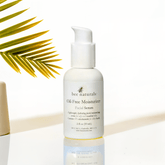

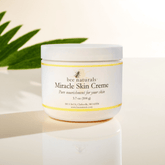

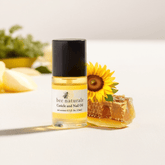

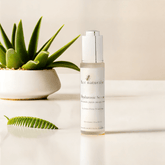


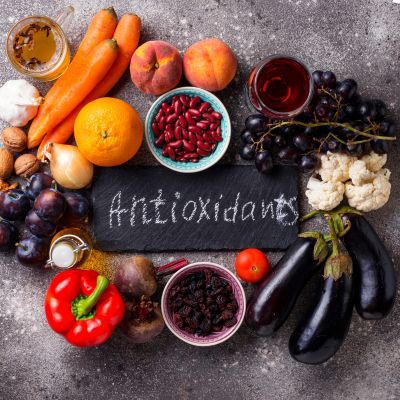
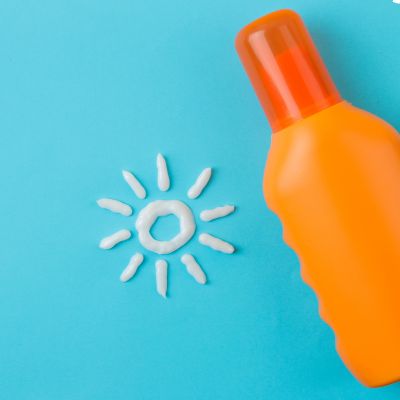
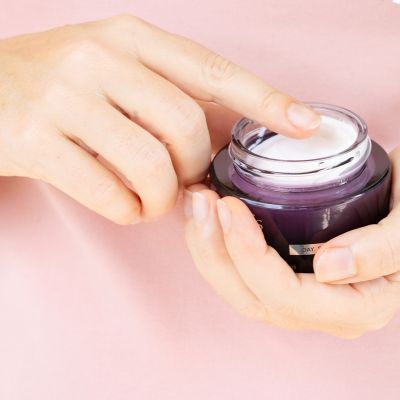
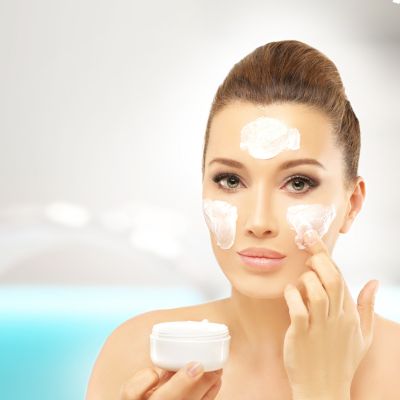
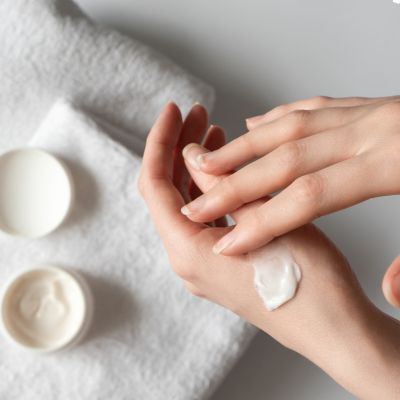
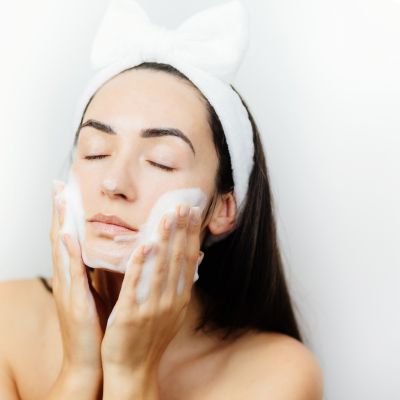
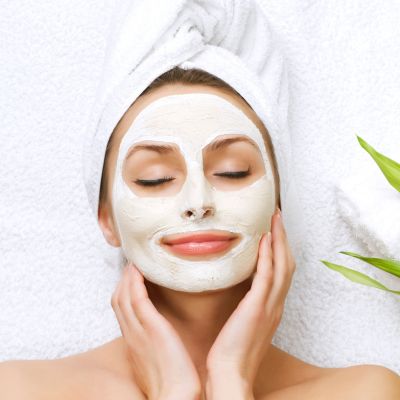
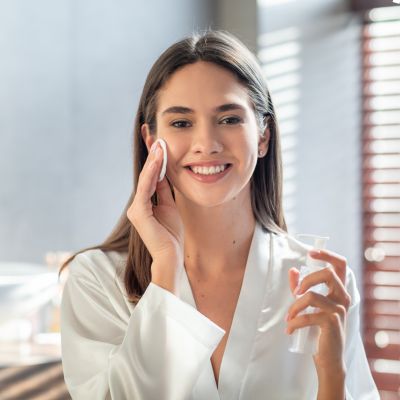
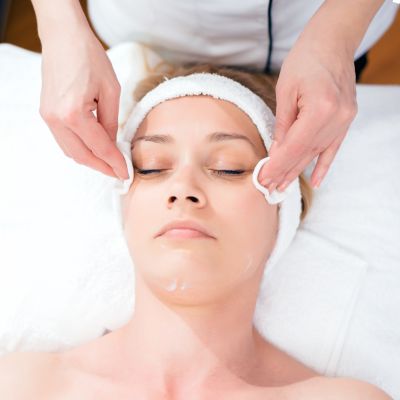
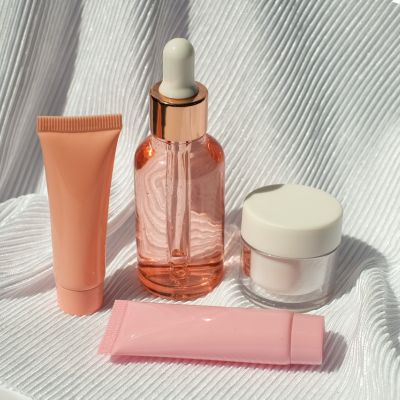
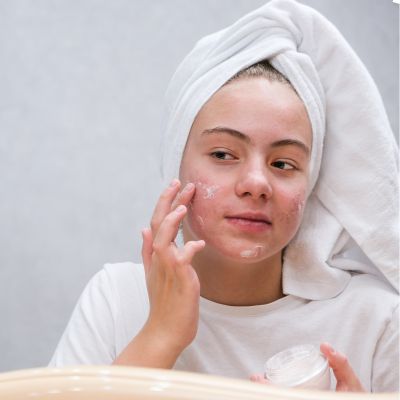

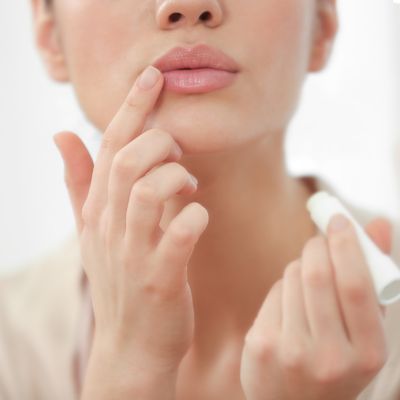
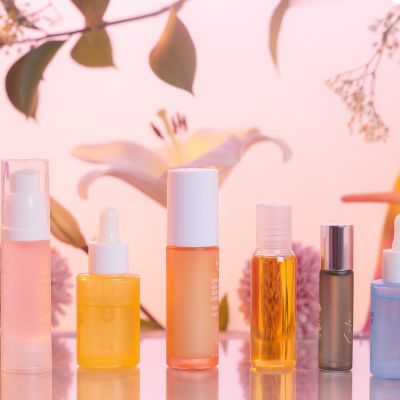
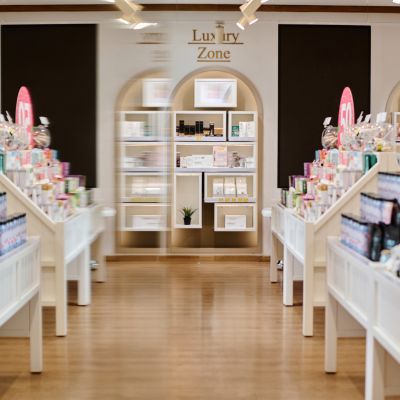



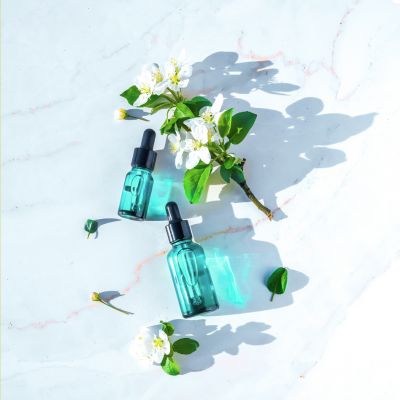

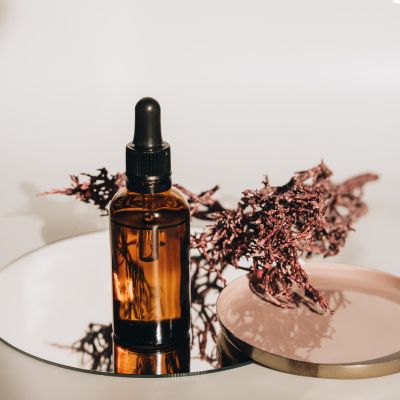
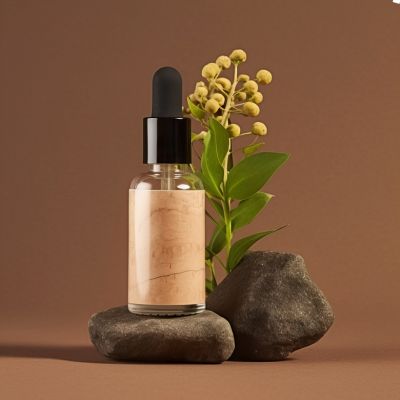
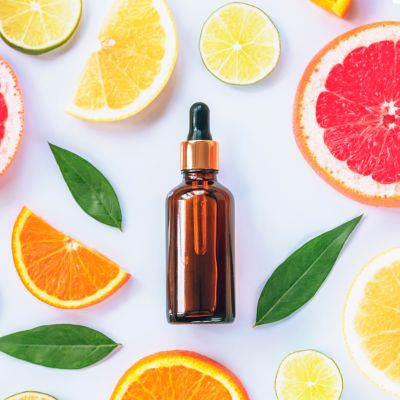
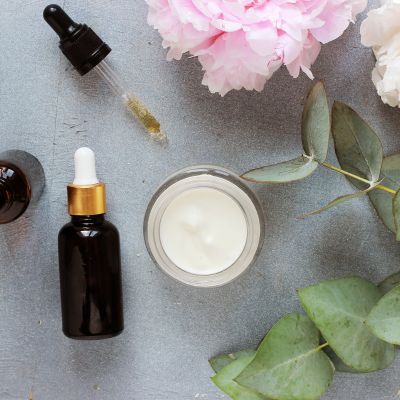
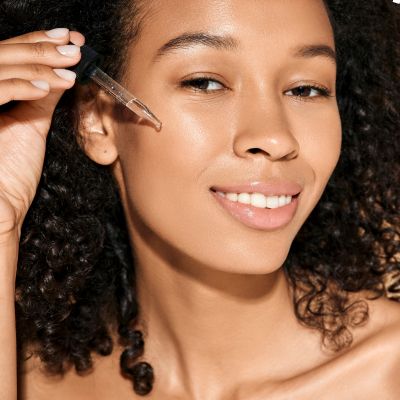
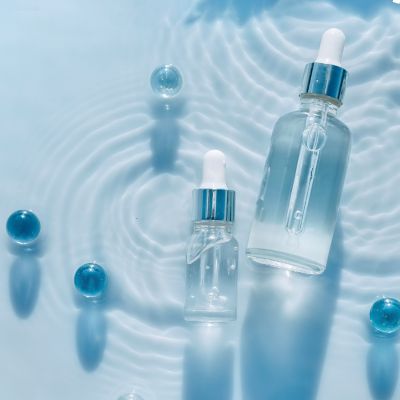
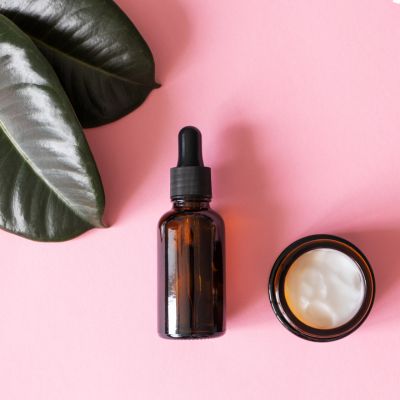
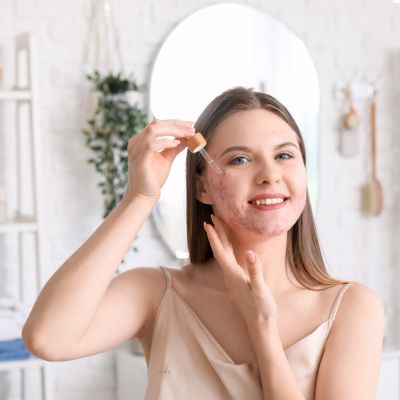
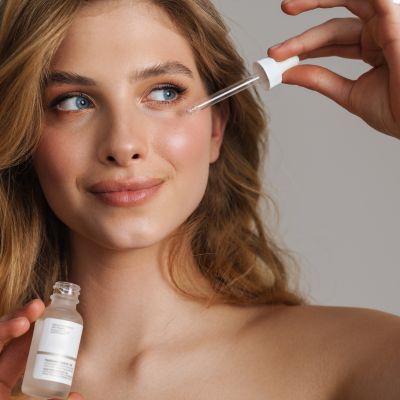
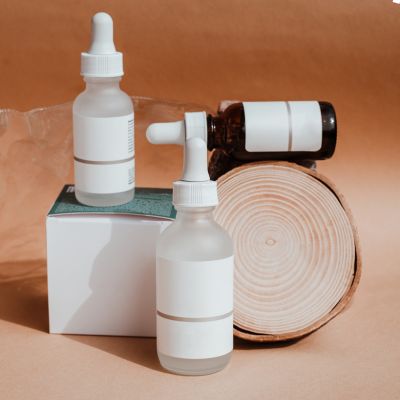



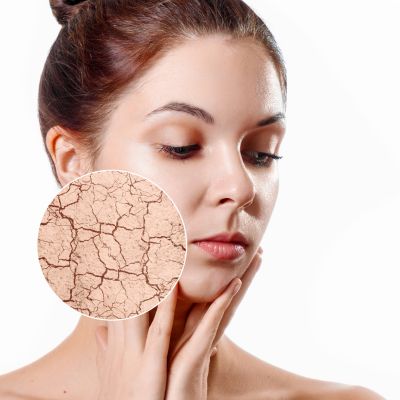



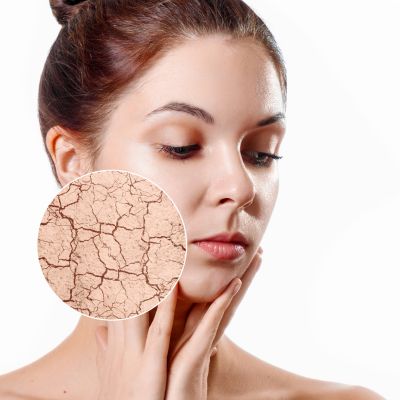

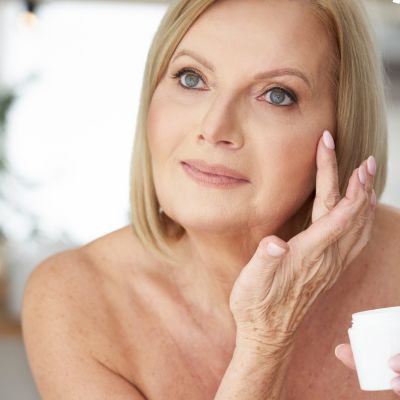

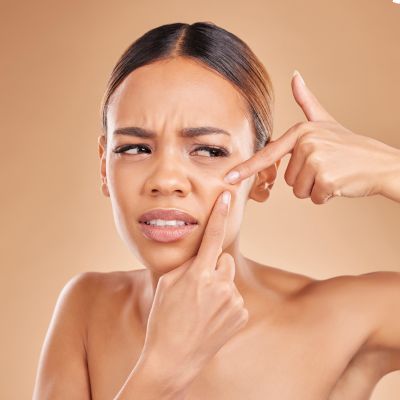

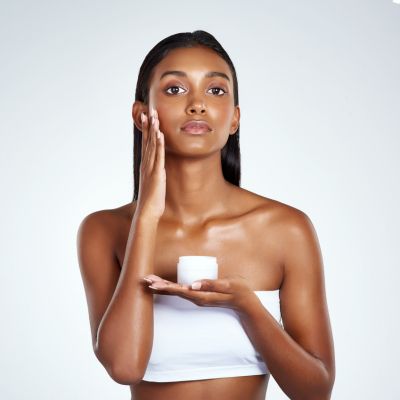
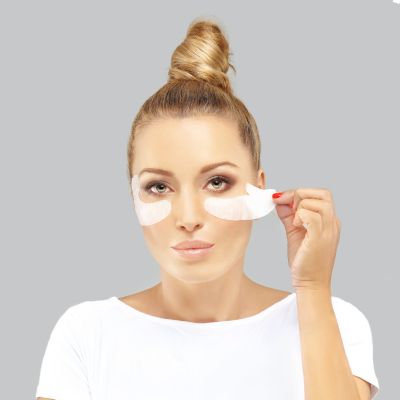


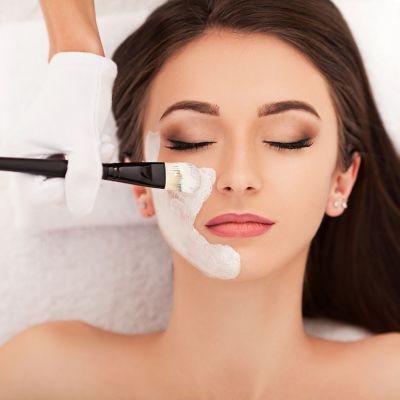
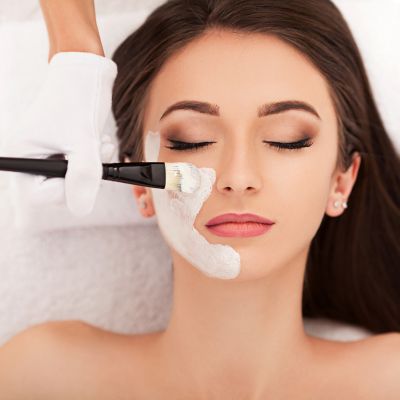
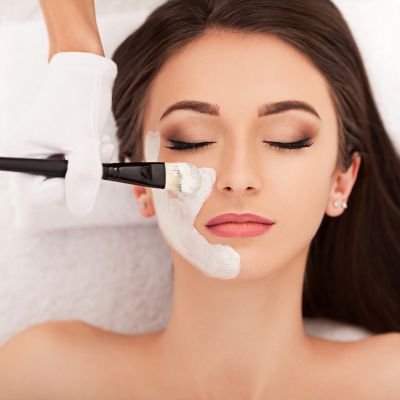
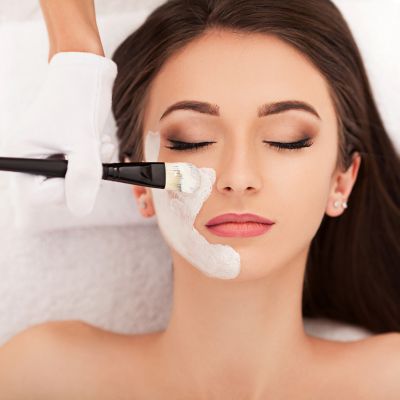
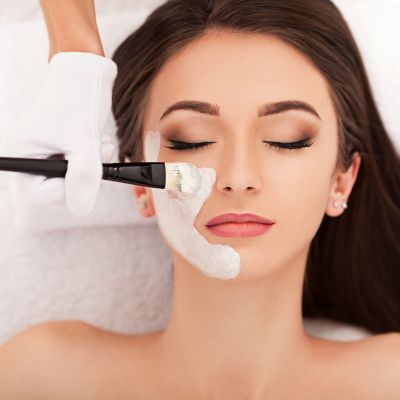
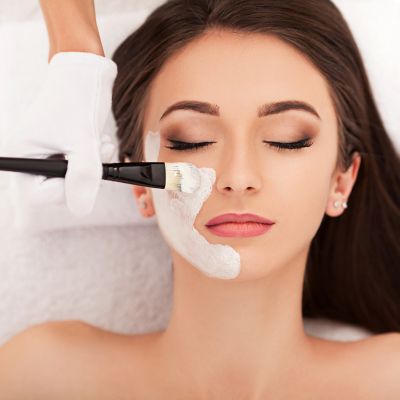
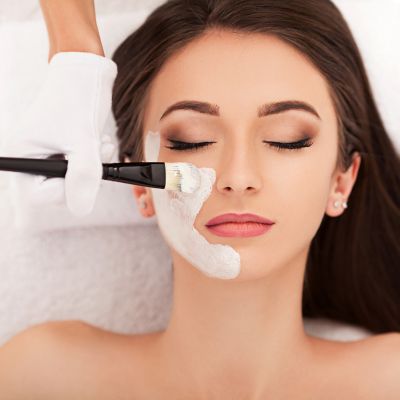
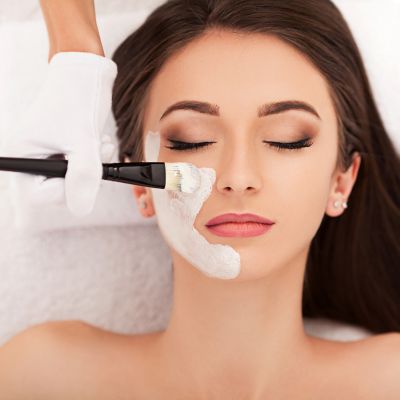
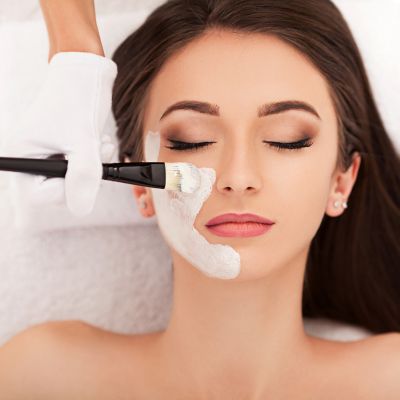
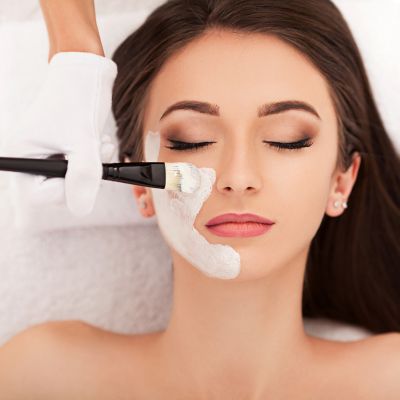
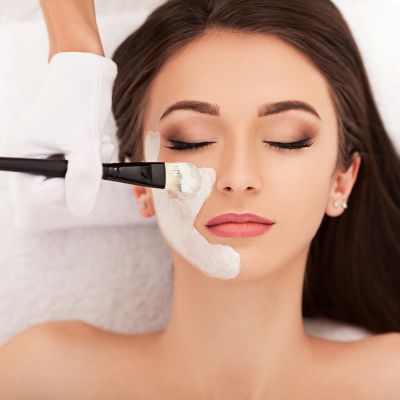
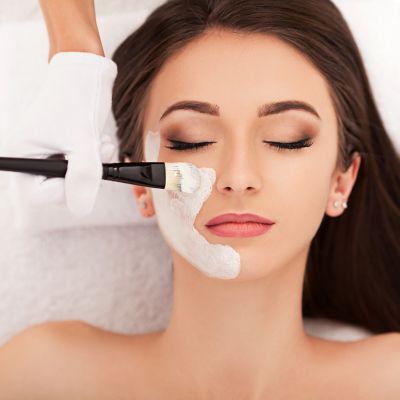
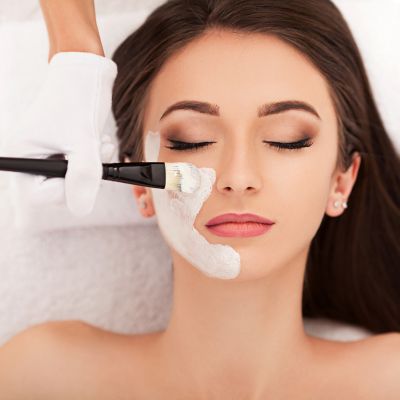
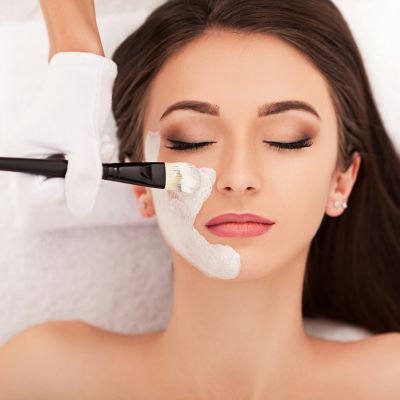
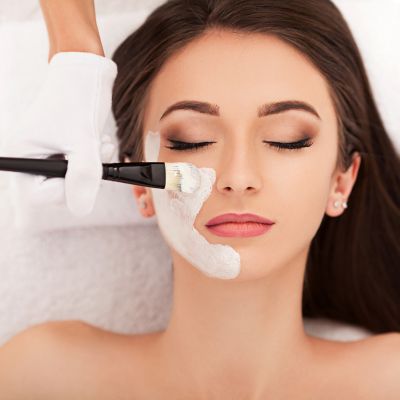



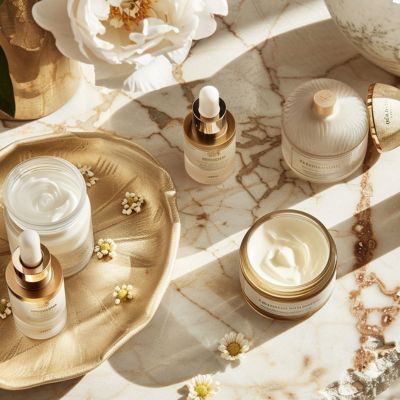
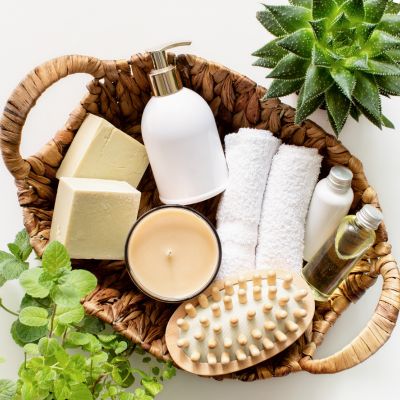

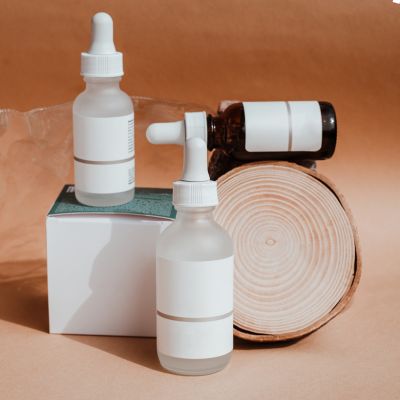
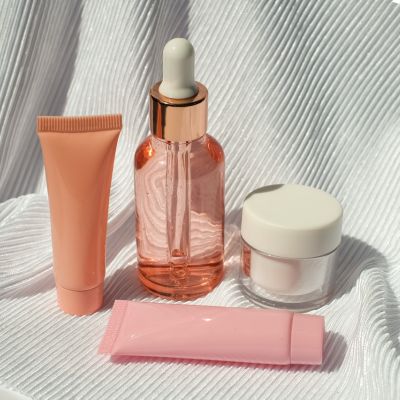


Leave a comment
Please note, comments need to be approved before they are published.